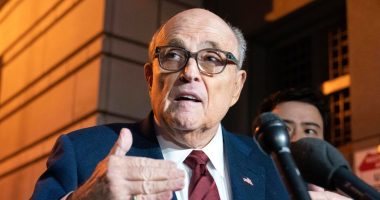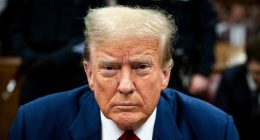
Prosecutors’ use of subpoenas, and sometimes search warrants, to learn who has been talking to reporters has been a growing practice during the past three administrations — a period when the Justice Department grew far more aggressive about charging officials with crimes for disclosing national security secrets to reporters.
The trend of more regularly treating leaks as crimes began midway through George W. Bush’s presidency and extended through Barack Obama and Mr. Trump’s administrations. And as such prosecutions became more common, investigators sometimes went after reporters’ communications records, causing recurring controversy.
A particularly intense moment came in May 2013, when it was revealed in short order that the Obama Justice Department had, in unrelated leak investigations, seized phone records for reporters at The Associated Press and used a search warrant to obtain a Fox News reporter’s emails.
In the latter case, the search warrant application had also characterized the reporter as a criminal conspirator, raising fears that the department was about to escalate its crackdown on leaks into prosecuting reporters. The Justice Department said at the time that it never intended to charge the reporter and had instead used those words in order to invoke a general legal prohibition on search warrants for journalistic material.
The disclosures prompted an uproar among lawmakers of both parties and among press-freedoms advocates, and senior Obama administration officials decided that criminal leak cases had grown out of control. Mr. Obama instructed the attorney general at the time, Eric H. Holder Jr., to review the department’s guidelines for criminal investigations that affect the news media, and Mr. Holder came up with a tightened set of leak-case guidelines.
The changes included strengthening a preference for notifying a news organization in advance about a planned subpoena so it could negotiate or fight in court over its scope. Mr. Holder also required higher-level approval before prosecutors could subpoena journalists for testimony or notes. And he banned portraying reporters as criminal conspirators, unless prosecutors really intended to charge them with a crime.
After the controversy and Mr. Holder’s changes, the rate of new leak cases dropped significantly during Mr. Obama’s second term. But under Mr. Trump, who liked to attack the news media as the “enemy of the people,” it resurged. In August 2017, Attorney General Jeff Sessions said that the number of such inquiries had tripled.
Source: | This article originally belongs to Nytimes.com









